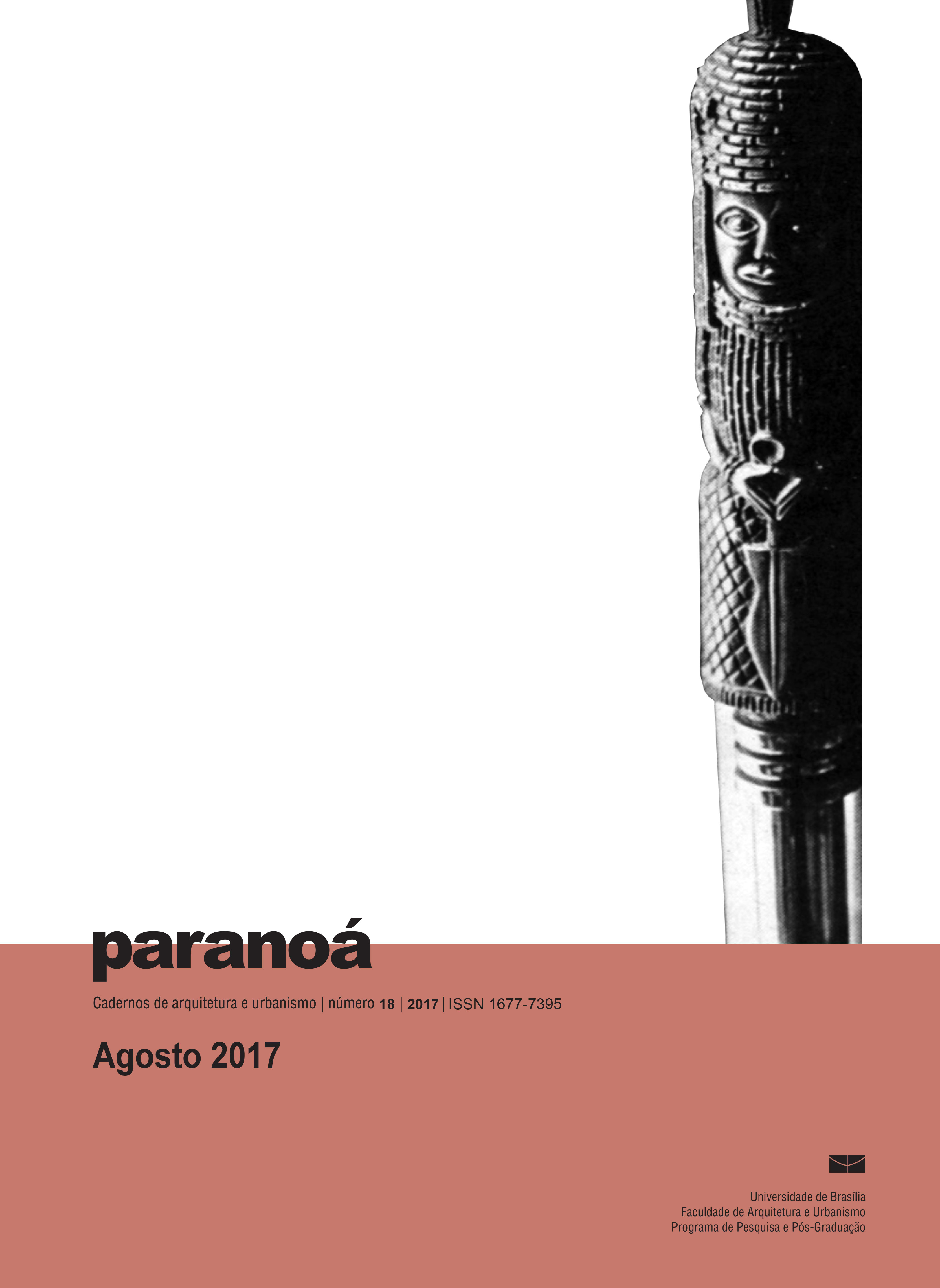The costs of utopia: Brasilia, Johannesburg, and Moscow
DOI:
https://doi.org/10.18830/issn.1679-0944.n18.2017.02Keywords:
Utopian ideology, Free market, Urban spaceAbstract
Could utopian ideology influence cities’ spatial structure to the point of overriding basic selforganizing principles that have been thought to be quasi universal? In this paper, I define utopian ideology as a doctrine that is imposed by a central or local government and that aims at reaching a future state of optimum permanent equilibrium. Under my definition, the theory of free markets is the opposite of an utopian ideology because, first, free markets are spontaneously created by individuals and firms and cannot be imposed by governments, and second, because free markets imply constant adjustment toward an ever changing state of equilibrium which cannot be known in advance. The main points developed in this paper are that (i) in some cases ideology could become the main determinant of urban shape, (ii) the spatial outcomes of opposite ideologies are often identical and (iii) Cities shaped by utopian ideologies impose a measurable cost affecting adversely the welfare of their inhabitants. While I concentrate on three extreme examples of ideologically shaped cities ”“ Brasilia, Johannesburg and Moscow ”“ I also show that milder cases of ideologies in cities like Curitiba (Parana, Brazil) and Portland (Oregon, USA) are having milder but not insignificant costs. I conclude that mild forms of utopian ideologies are still common in land use regulations, which in turn contribute to some inefficiencies and loss of welfare in many modern cities.
Downloads
References
BERTAUD, Alain. Cracow in the Twenty First century: Princes or Merchants? A city’s structure under the conflicting influences of Land Markets, Zoning Regulations and a Socialist Past. ECSIN Working Paper #8, The World Bank, 1999.
BERTAUD, Alain and BERTRAND Renaud. Socialist Cities Without land markets. Journal of urban Economics, 41,1997, pp137-51.
BERTAUD, Alain and STEPHEN Malpezzi, The spatial distribution of population in 35 World Cities: the role of markets, planning and topo-graphy. The Center for urban land and economic research, The University of Wisconsin, Madison, 1999.
BRUECKNER, Jan K. Urban sprawl: Lessons from Urban Economics. Papers on Urban Affairs 2001, Brookings-Wharton, Gale & Pack editors, 2001.
BRUECKNER, Jan K; THISSE, Jacques and ZENOU, Yves. Why is Central Paris Rich and Downtown Detroit Poor? An amenity based the-ory. European Economic Review 43 (1999) 91-107.
CARLINO, Gerald A. Increasing Returns to Sca-le in Metropolitan Manufacturing. Journal of Regional Science, 19, 1979, pp. 343-51.
CERVERO, Robert. Jobs-Housing Balancing and Regional Mobility. American Planning Asso-ciation Journal, 55, 1989, ppp. 136-50.
CLARK, Colin. Urban Population densities. Journal of the Royal Statistical Society, 114, 1951 pp. 375-86.
EPPLE, Dennis; ROMER, Thomas and FILI-MON, Radu. Community Development With Endogenous Land Use Controls. Journal of Pu-blic Economics, 35, 1988, pp. 133-62.
FISCHEL, William A. Regulatory Takings: Law, Economics and Politics. Harvard University Press, Massachusetts,1995.
GOLDNER, William. Spatial and Locational As-pects of Metropolitan Labour markets. American Economic Review, 45, 1955,pp.111-28.
HALL, Peter, Cities of Tomorrow, Blackwell, Somerset, 1988, pp 210-219.
HAMILTON, Bruce W. Zoning and the Exercise of Monopoly Power. Journal of Urban Econo-mics, 5, 1978, pp. 116-30.
IHLANDFELDT, Keith R. Information on the Spatial Distribution of Job Opportunities Within Metropolitan Areas. Journal of Urban Econo-mics, 41, 1997, pp. 218-42.
MALPEZZI, Stephen and KUNG, Yeuh-Chuan. The flight to the suburbs, revisited: the intraur-ban distribution of population and the price of housing. January 1997.
MILLS, Edwin. S. and SONG, Byong-Nak. Ur-banization and Urban Problems. Harvard, 1979 Muth, Richard F. Cities and Housing. University of Chicago press, Chicago, 1969.
PRUD’HOMME, Remy, Managing Megacities, Le courier du CNRS, no 82, 1996 pp 174-176 Sveikauskas, Leo. The Productivity of Cities. Quarterly Journal of Economics, 89, 1975, pp. 393-413.
Downloads
How to Cite
Issue
Section
License
Autores que publicam nesta revista concordam com os seguintes termos:
- Autores mantém os direitos autorais e concedem à revista o direito de primeira publicação, com o trabalho simultaneamente licenciado sob a Licença Creative Commons Attribution que permite o compartilhamento do trabalho com reconhecimento da autoria e publicação inicial nesta revista. http://creativecommons.org/licenses/by/4.0
- Autores têm autorização para assumir contratos adicionais separadamente, para distribuição não-exclusiva da versão do trabalho publicada nesta revista (ex.: publicar em repositório institucional ou como capítulo de livro), com reconhecimento de autoria e publicação inicial nesta revista.
- Autores têm permissão e são estimulados a publicar e distribuir seu trabalho online (ex.: em repositórios institucionais ou na sua página pessoal) a qualquer ponto antes ou durante o processo editorial, já que isso pode gerar alterações produtivas, bem como aumentar o impacto e a citação do trabalho publicado (Veja O Efeito do Acesso Livre).















